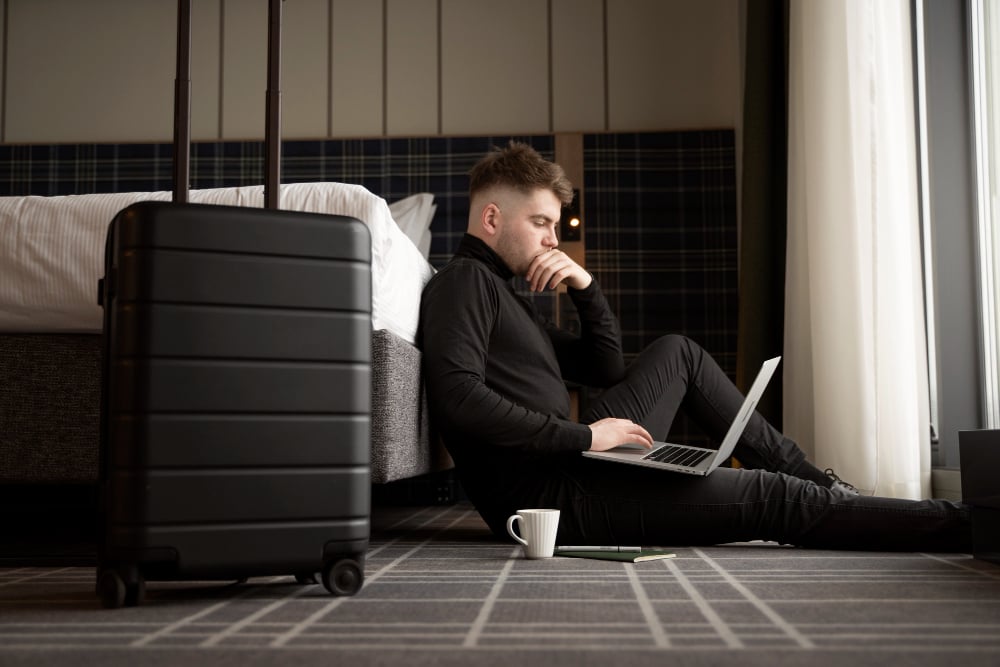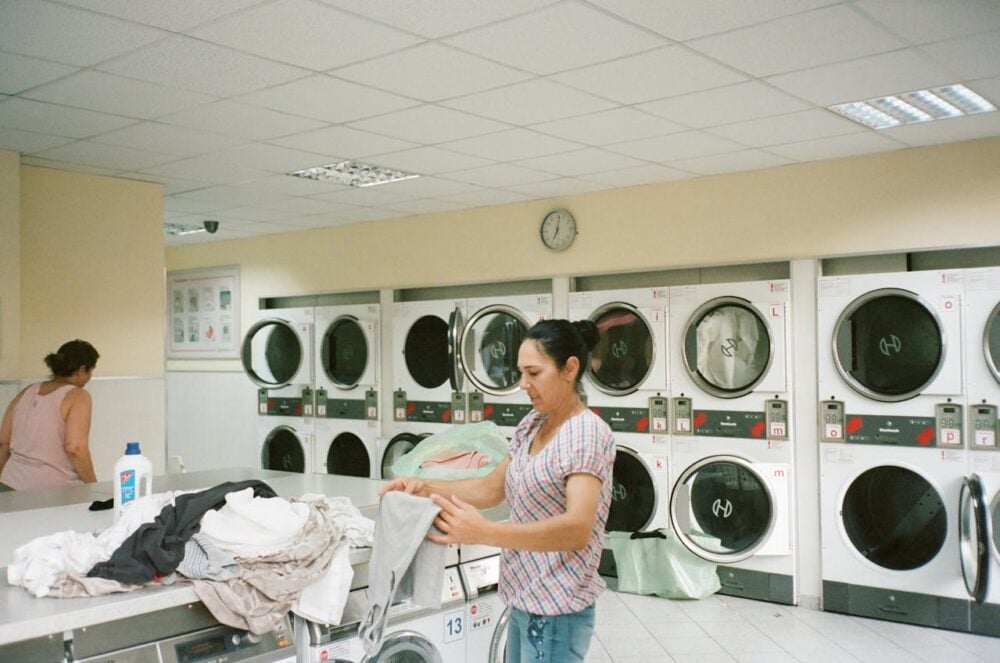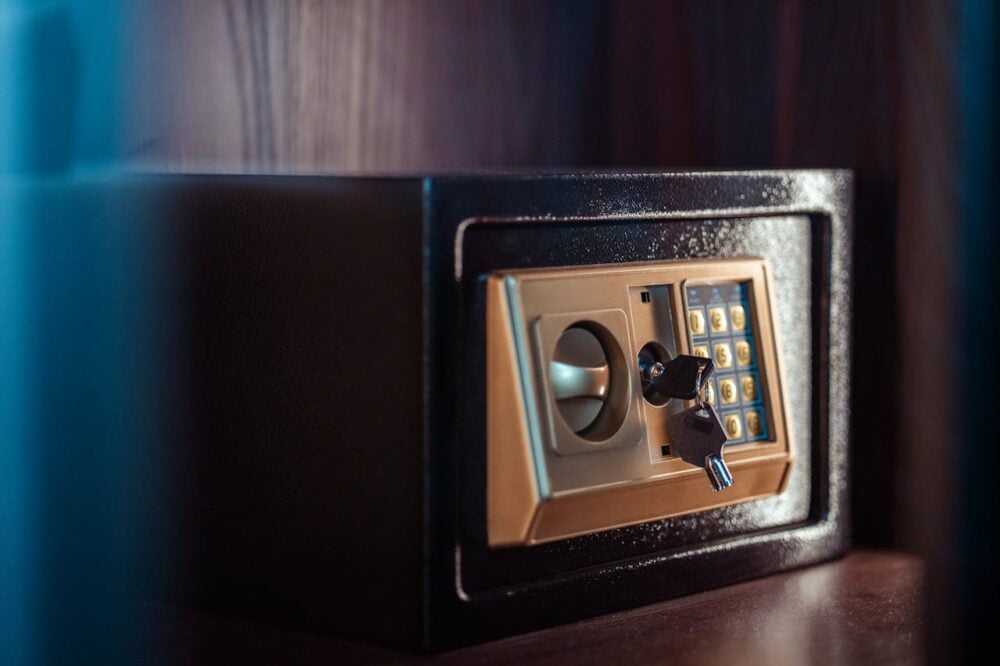Hotel amenities can include hidden costs that unexpectedly raise your travel expenses.

Hotels provide many conveniences to enhance guest comfort, but some amenities come with extra charges that can surprise travelers. These additional fees often apply to services such as Wi-Fi, parking, minibar use, and room service. Understanding which amenities might cost more helps you plan your budget accurately and avoid unexpected expenses at checkout during your stay.
1. Resort fees often add unexpected charges to your hotel bill.

Resort fees are additional charges that cover access to amenities like pools, gyms, and Wi-Fi. While often presented as part of the room rate, these fees can significantly increase the total cost of your stay and may not always be transparently disclosed.
Travelers might find resort fees frustrating, especially if the amenities included are not used or desired. It’s crucial to inquire about these fees upfront, as mentioned by Cvent. Awareness can prevent surprises at checkout, allowing for better budgeting and decision-making based on total costs rather than just the advertised rate.
2. Using the hotel minibar usually comes with high prices.

Many hotels stock minibars with tempting snacks and drinks, offering convenience for guests. However, these items often come with substantial markups compared to regular store prices. Guests might also find charges for simply moving items in the minibar, even without consumption.
Because of their high prices, guests frequently end up paying unexpectedly large amounts upon checkout, according to Hotel Tech Report. Reading the minibar policy carefully and exploring nearby store options can help mitigate these costs and avoid unwelcome surprises on the final bill.
3. Parking in hotel garages can rack up costly daily fees.

Parking fees in hotel garages can add a large amount to your travel expenses. Hotels, especially in urban areas, often charge guests daily rates for parking, which can escalate quickly over a longer stay without much prior notice.
Additional fees might apply for valet services, and limited availability could compel the use of these costly options, as stated in MotoPress. Being aware of these potential charges and nearby alternatives can help guests choose accommodations that fit their budget and needs.
4. Paying for in-room Wi-Fi sometimes costs more than anticipated.

Although many hotels offer complimentary Wi-Fi, some charge for high-speed access or connection on multiple devices. These costs can be surprising, especially when travelers are accustomed to free Wi-Fi access in other settings.
Charges might depend on the type of room or loyalty status, leading to variation between guests. Travelers should examine Wi-Fi policies before booking to understand potential fees, ensuring smoother connectivity needs without unexpected expenses.
5. Ordering room service can lead to significant extra charges.

Room service offers the convenience of dining in the room but often incurs substantial additional charges. Hotels typically add delivery fees, service charges, and gratuities to each order, making even simple meals considerably more expensive than dining elsewhere.
Considering alternatives, such as nearby restaurants or bringing takeaway back to the room, can reduce dining costs. Understanding the complete breakdown of these additional charges is crucial to managing travel expenses effectively.
6. Access to the fitness center might not be included in your stay.

While many hotels feature fitness centers as part of their offerings, some might charge additional fees for access. This practice can be surprising, especially for guests who expect such amenities to be complimentary with their stay.
Charges for accessing the fitness center might differ based on room type or membership status with hotel loyalty programs. Inquiring about these fees ahead of use helps travelers avoid unexpected costs and decide whether to use alternative options.
7. Early check-in or late check-out often requires additional payment.

Early check-in or late check-out provides the convenience of extra time, but it often incurs additional fees. Hotels may charge for this service based on availability, varying the cost depending on the anticipated demand for rooms.
Especially useful when flights or plans don’t align with standard check-in times, these fees ensure the flexibility some travelers need. However, confirming costs and availability with the hotel in advance can prevent surprises when departing.
8. Using laundry services within the hotel can quickly add up.

Hotel laundry services often offer convenience but can substantially increase travel expenses. These services typically charge per item or load, leading to surprisingly high costs, especially during extended stays where laundry becomes a necessity.
Because rates can vary widely between hotels, checking prices before using laundry services ensures budgeting aligns with overall travel costs. Alternately, nearby laundromats might offer more affordable options for guests needing to refresh their wardrobe.
9. Renting safe deposit boxes in rooms might come with fees.

Safe deposit boxes in hotel rooms provide a secure place for valuables, yet some properties may charge a fee for their use. Such fees, whether daily or a flat rate, could catch guests off guard if not clearly disclosed during booking.
Understanding fees associated with in-room safes ensures travelers protect their valuables without unexpected charges. Checking policies ahead of time may also offer insight into alternatives, such as free safes at the front desk.
10. Booking spa treatments at the hotel can be unexpectedly expensive.

Hotel spas promise relaxation and luxury, reflected in their pricing, which can be significantly higher than local standards. Guests may encounter added surcharges for facilities like saunas or pools, included as part of the treatment package.
Comprehending the complete cost structure, including gratuities and taxes, provides a clearer picture of spa expenditure. Exploring local spa options outside the hotel might offer substantial savings while delivering equally high-quality services.
11. Bringing extra guests to the room may trigger surcharge costs.

Hotels may impose extra charges when guests exceed the listed occupancy without prior arrangement. Whether additional adults or children sharing the room, these surcharges help cover anticipated usage of amenities and facilities.
Awareness of these added costs ensures better planning, especially for family trips or group travel. Discussing occupancy limits and associated fees with the hotel in advance can help manage arrangements within budget.
12. Using hotel business centers for printing or internet often costs extra.

Hotel business centers often charge for printing, internet use, or other office-related services. These costs, sometimes calculated per page or minute, can accumulate quickly, unnoticed until checkout.
Having access to these services when traveling for business can be essential, yet understanding potential charges eliminates surprises. Evaluating usage needs and exploring nearby alternatives might offer more cost-effective solutions for travelers requiring business amenities.
